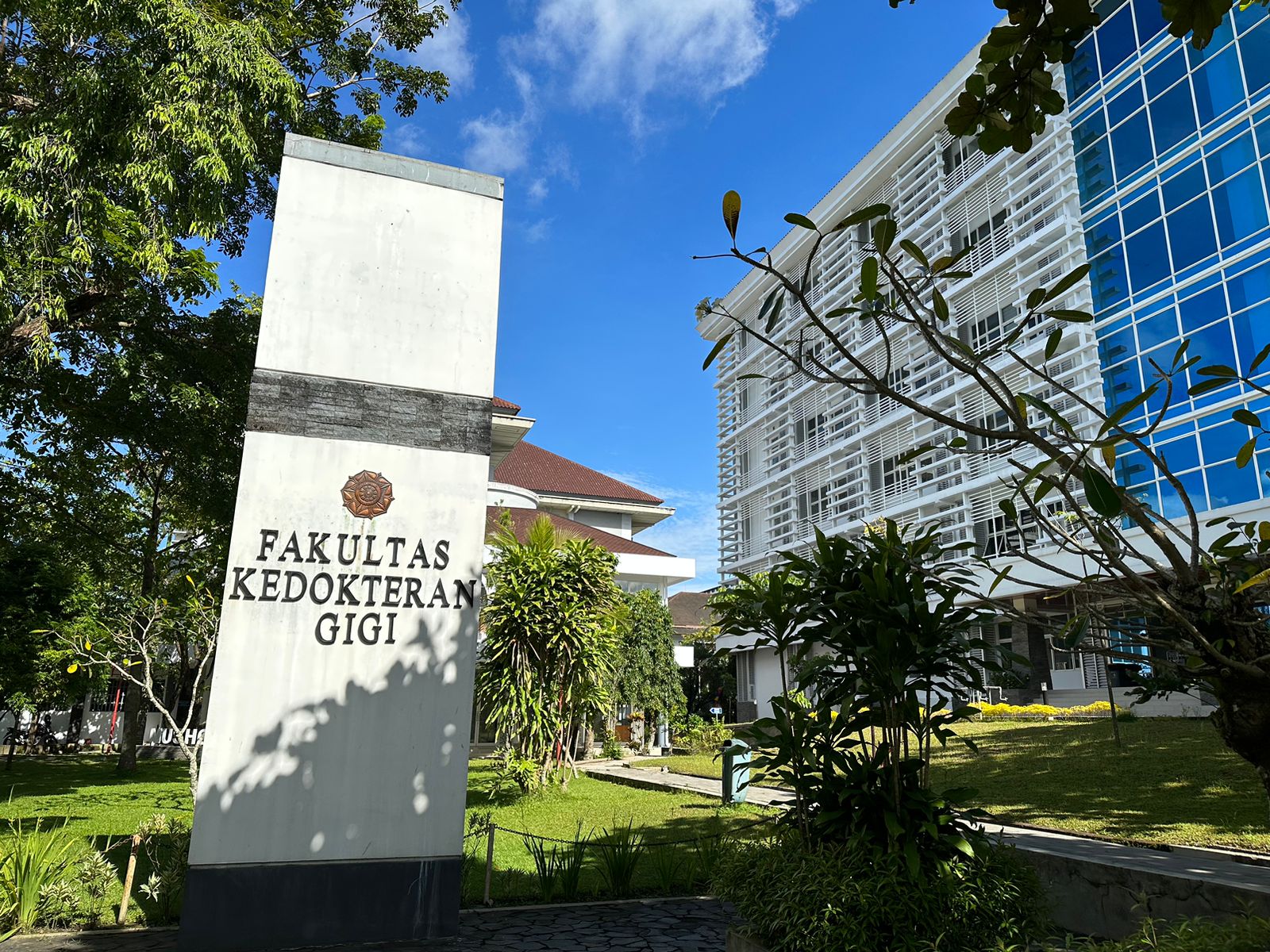On Thursday, 17 October 2024, third-semester Dental Hygiene students participated in a practicum on medical asepsis at the Dental Unit Lab, Soetatmi Suryo Building. This practicum aimed to equip future healthcare professionals with essential skills to minimize the risk of infection in clinical settings, aligning with Sustainable Development Goal (SDG) 4 on access to quality education.
Medical asepsis refers to practices designed to reduce microorganisms and prevent disease transmission between individuals or from individuals to objects. Understanding and implementing aseptic techniques is crucial, as healthcare-associated infections pose significant risks to patient safety.
During the practicum, students were introduced to various aseptic techniques, including proper handwashing, glove usage, and medical equipment sanitation. These fundamental practices are critical in maintaining a sterile environment and ensuring the safety of both patients and healthcare providers.
The session began with a hand hygiene demonstration, emphasizing the importance of thorough handwashing with soap and water or the use of hand sanitizer. This is a vital component of medical asepsis.
Following the handwashing demonstration, instructors guided students through the proper use of personal protective equipment (PPE). This included wearing head covers, masks, goggles, performing surgical scrubbing, donning gowns, and using gloves. Each step was carefully explained to ensure students understood the role of each protective measure in preventing contamination.
The practicum also highlighted the importance of cleaning and disinfecting medical instruments. Students learned about various sterilization methods and protocols to ensure all equipment is free from harmful microorganisms before use.
This practicum is a vital step in the nursing curriculum, providing students with the knowledge and skills necessary to promote health and prevent disease transmission. The topic of medical asepsis aligns with SDG 4 on access to education, ensuring that future healthcare professionals are well-prepared to meet the challenges of modern medicine.
The Basic Nursing Practicum on Medical Asepsis equips students with essential tools to uphold the highest standards of patient care. As they progress in their studies, these future healthcare professionals will apply aseptic principles, contributing to a safer healthcare environment for all.
Authors: Sri Pujiatun, Al Haqi Insan Pratama

